Republican voters overwhelmingly like net neutrality. The likely GOP candidates for president do not.
According to a raft of recent national polls, Republican voters approve of government action to ensure that Internet service providers treat all web content the same. A November 2014 University of Delaware survey, for example, found that 85% of Republicans (and 81% of Democrats) were opposed to allowing ISPs to charge web companies a fee to deliver their content to customers more quickly—an arrangement they call “Internet fast lanes.”
Yet five likely Republican presidential contenders have come out against net neutrality in no uncertain terms. Last fall, Texas Sen. Ted Cruz referred to the Federal Communications Commision’s proposed net neutrality rules as “Obamacare for the Internet,” while Kentucky Sen. Rand Paul has called them a “direct attack on the freedom of information.” Last weekend, former Florida Gov. Jeb Bush, the frontrunner for the Republican presidential race in 2016, said the FCC’s plan to ensure net neutrality was “one of the craziest ideas I’ve ever heard.”
So what gives? There are basically three explanations, and which one you prefer depends a lot on how you view the messy business of politics.
1) It’s All About Obama. Some people think the reason is simply partisan polarization. President Obama championed net neutrality and nudged the FCC to take action, therefore Republican politicians are going to oppose it. That’s just politics, especially in a presidential campaign season.
This issue is particularly vulnerable to political grandstanding because it’s so confusing. Pollsters have found that Republican voters often say they don’t like “net neutrality,” but they say they like it when the issue is explained instead. According to one poll by the Internet Freedom Business Alliance and Vox Populi, 83% of “very conservative” voters thought the government should take action to ensure that cable companies aren’t allowed to “monopolize the Internet” by charging some companies more to access customers.
But taking that position as a presidential candidate means wasting a lot of time out on the hustings explaining the issue and opening yourself up to easy attacks from your rivals.
2) It’s All About Campaign Donations. Some people think the reason is all about the money. Cable and telecom companies, after all, oppose net neutrality and pour tens of millions of dollars every year on politicians’ campaign coffers, PACs and philanthropic projects and spend tens of millions more on lobbyists and letters and advertisements on the subject. To name one example, Comcast spent more on lobbying members of Congress in 2012 than any other company in the entire country, except Northrop Grumman, the defense contractor that makes the B-2 bomber.
But those contributions go pretty equally to Republicans and Democrats, and there’s a counterbalance from tech companies such as Google, Amazon and Netflix that are spending gobs of money, sometimes on the same politicians.
See the 2016 Candidates Looking Very Presidential
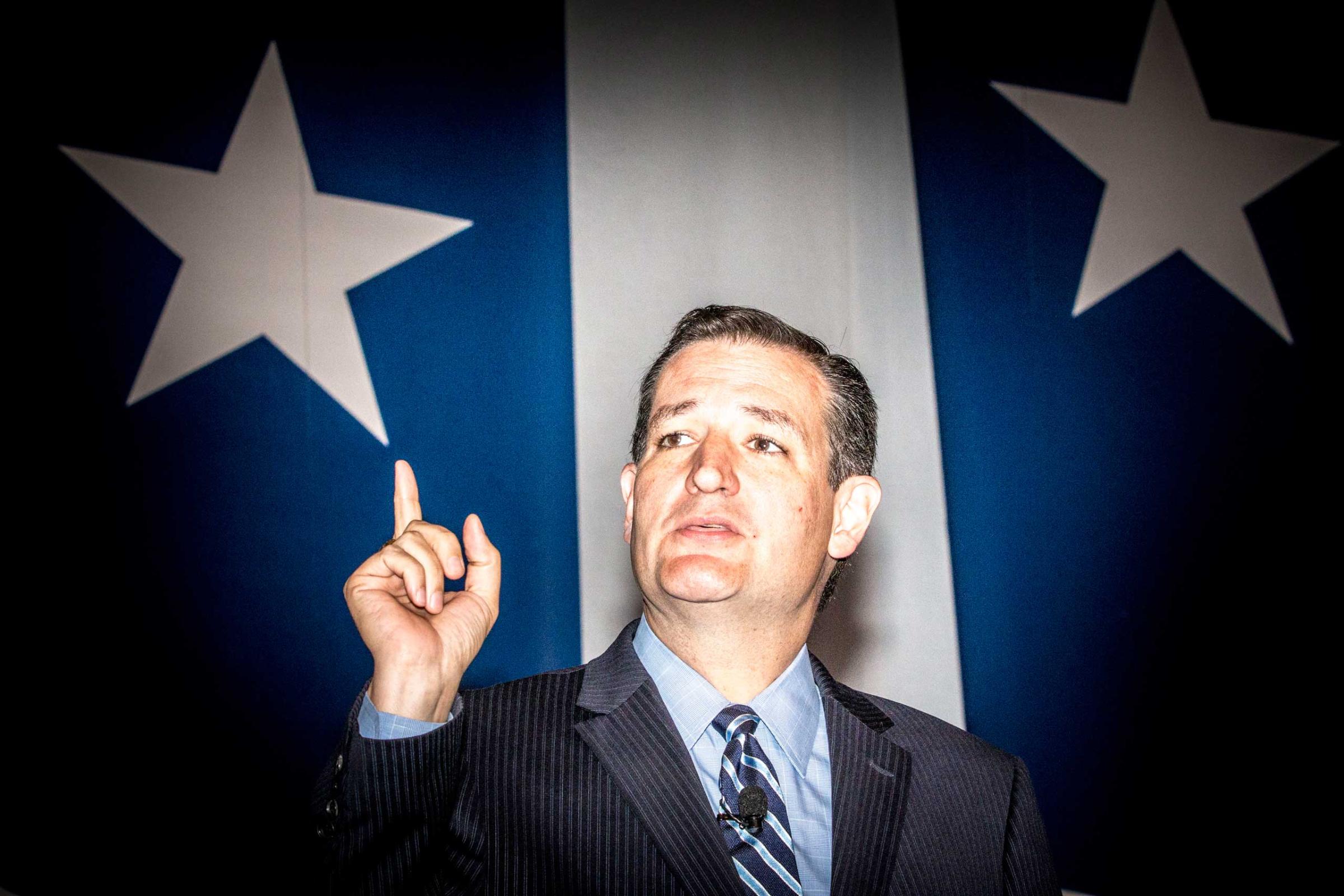
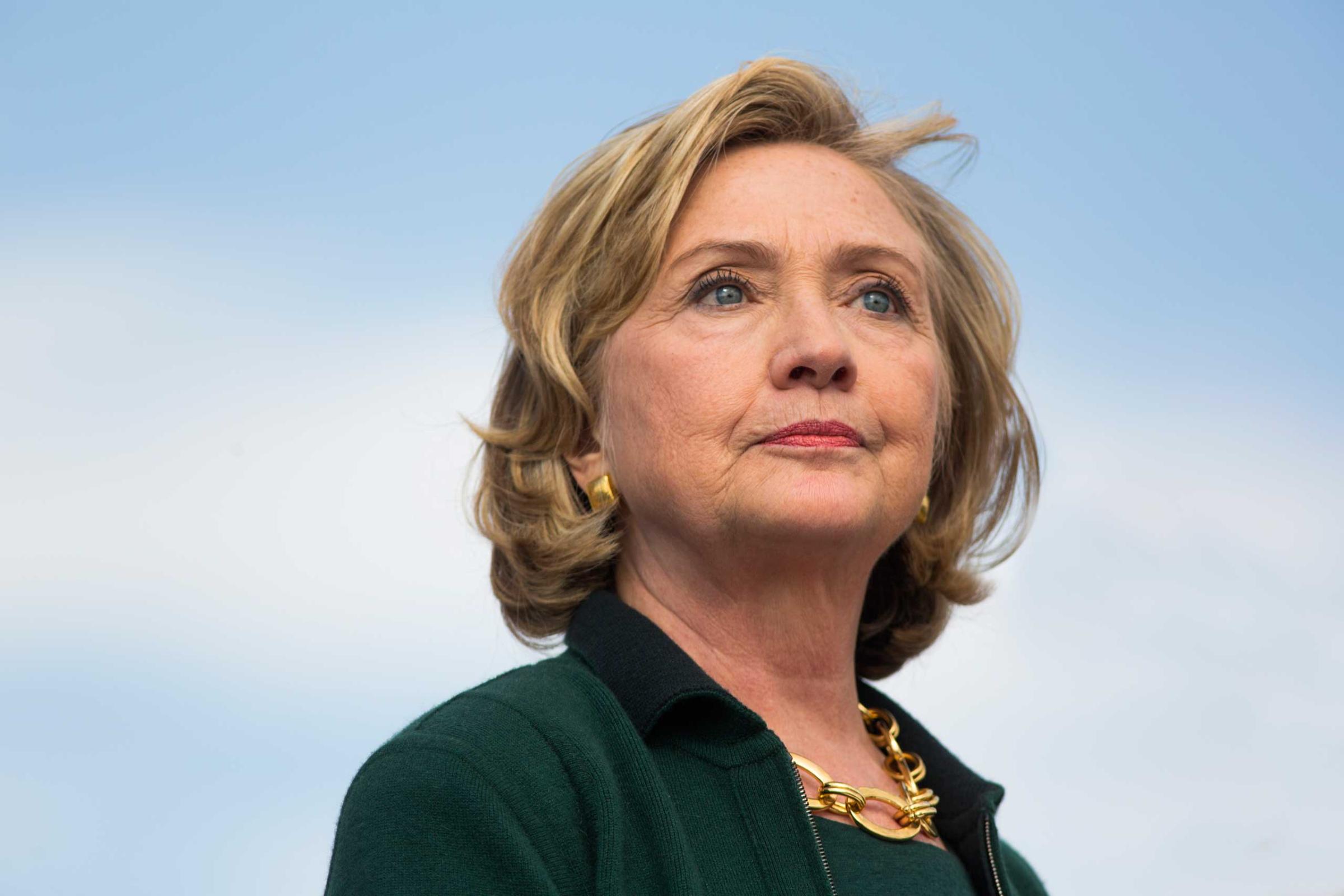
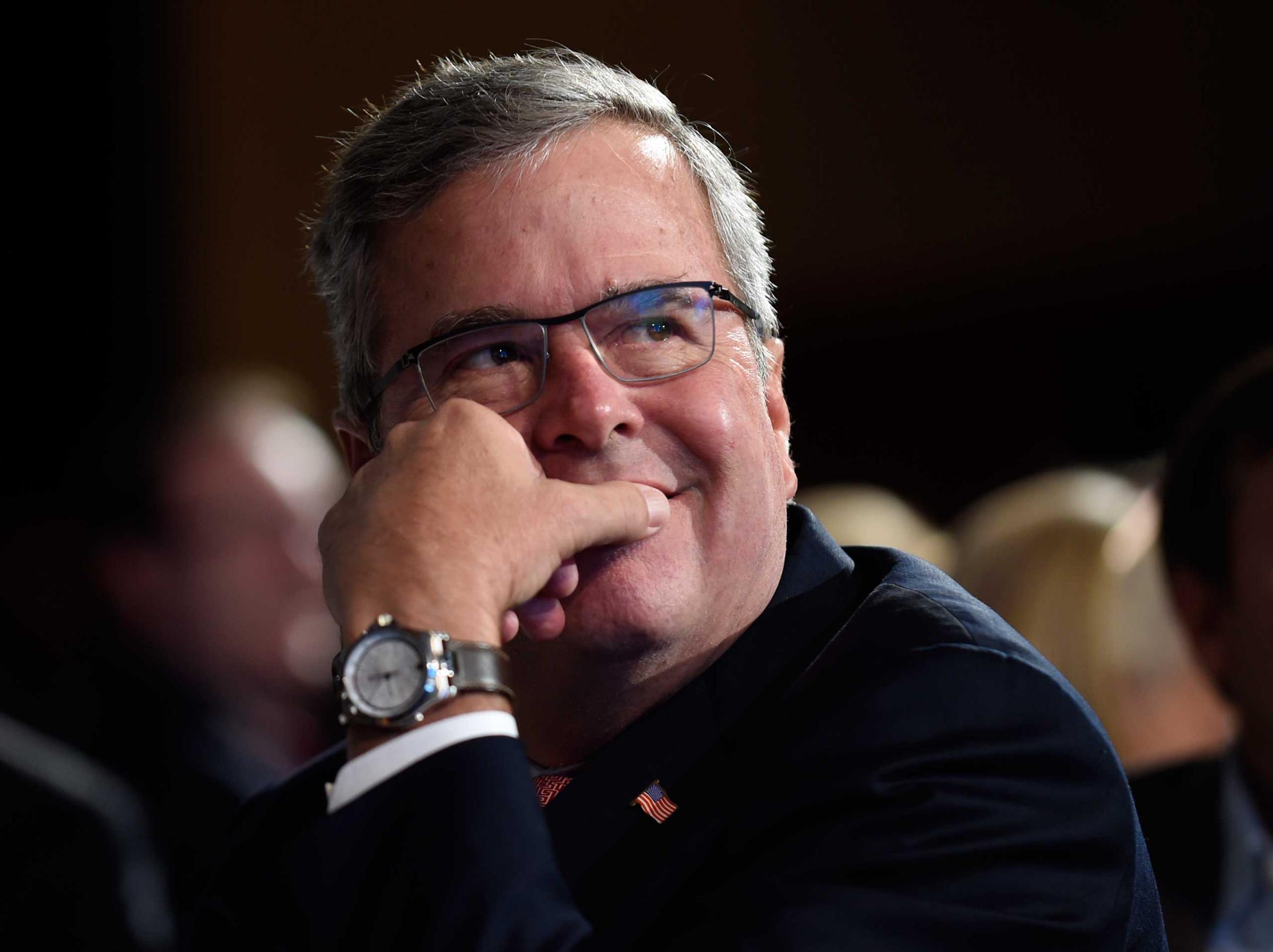
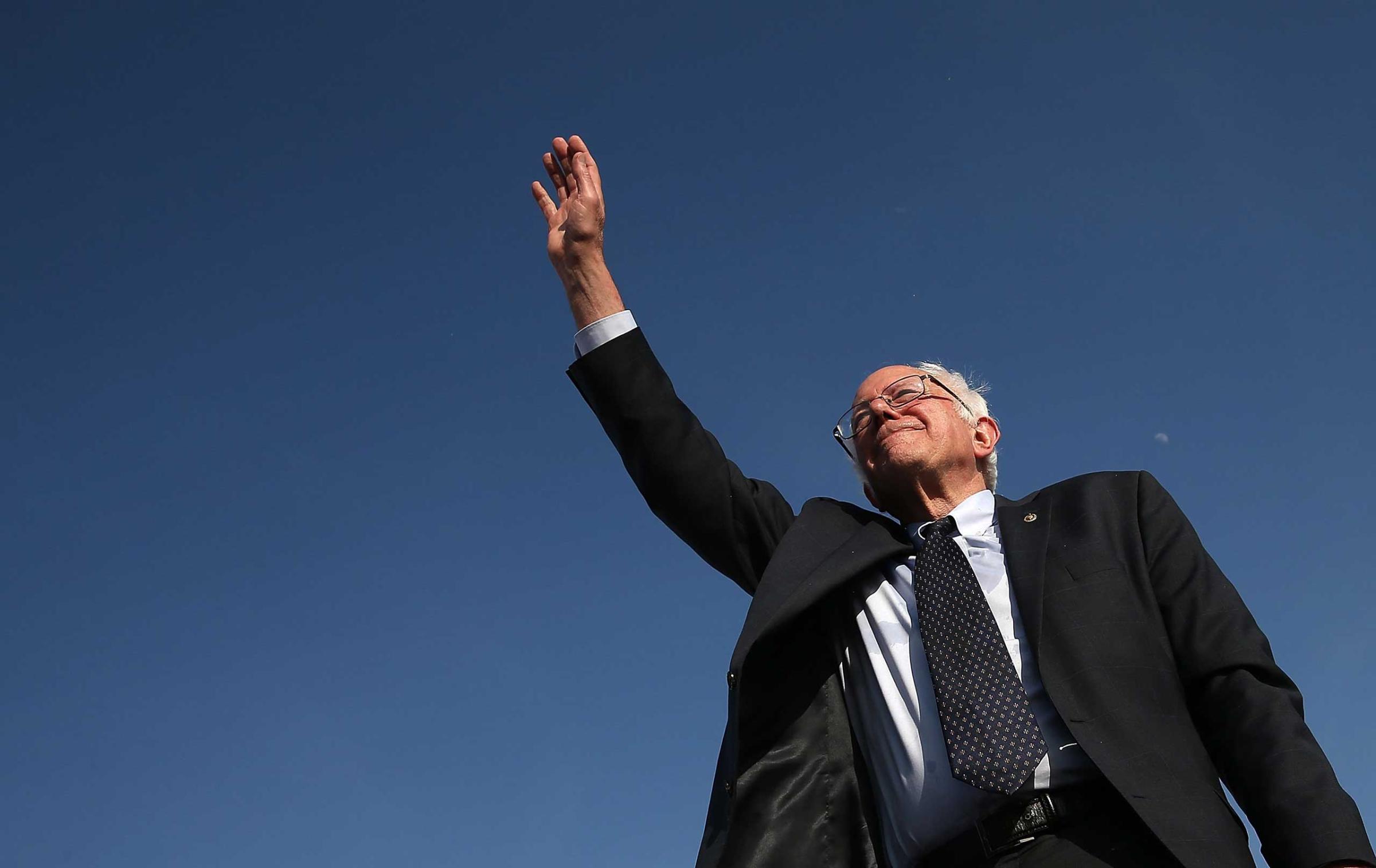
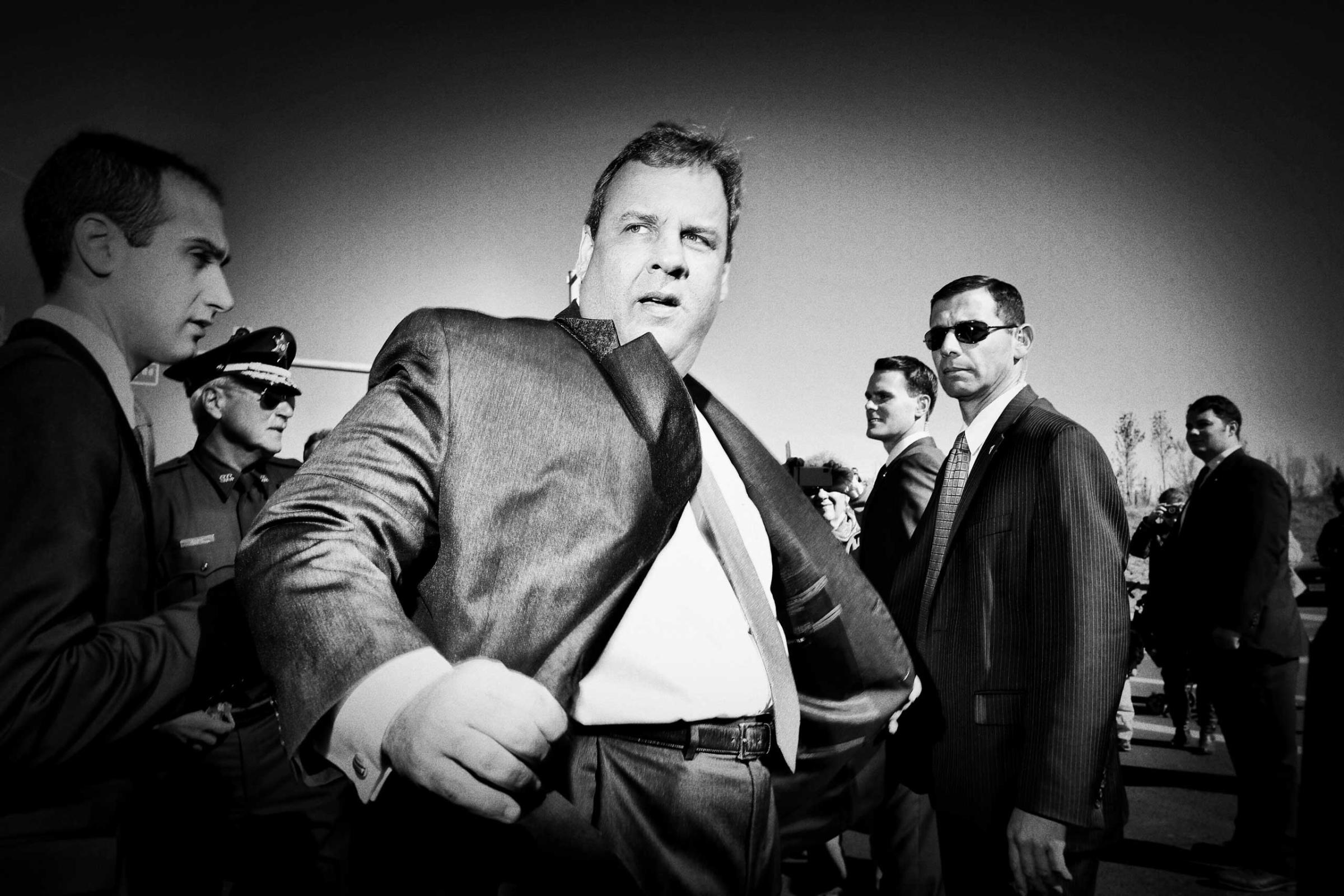
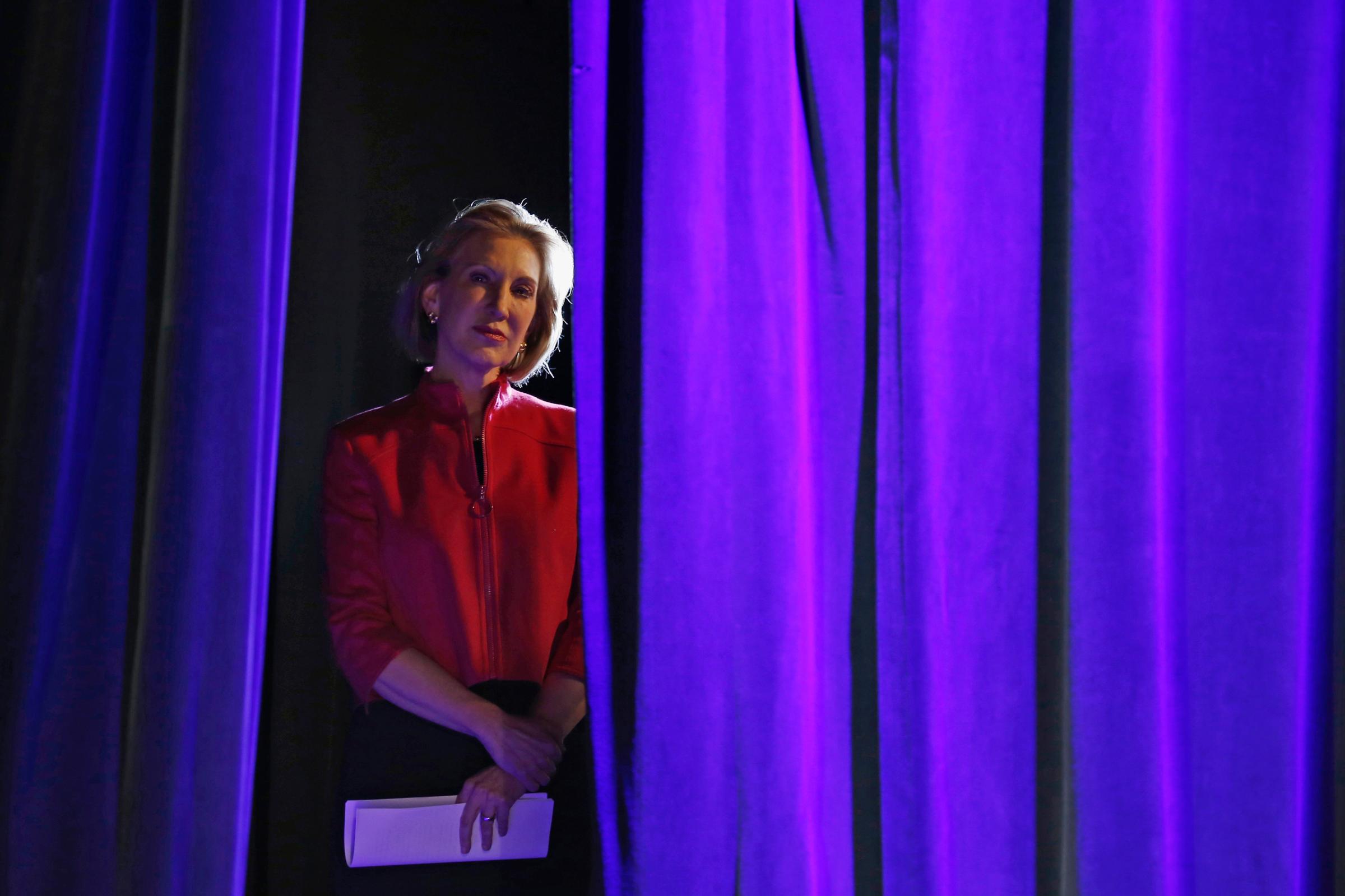
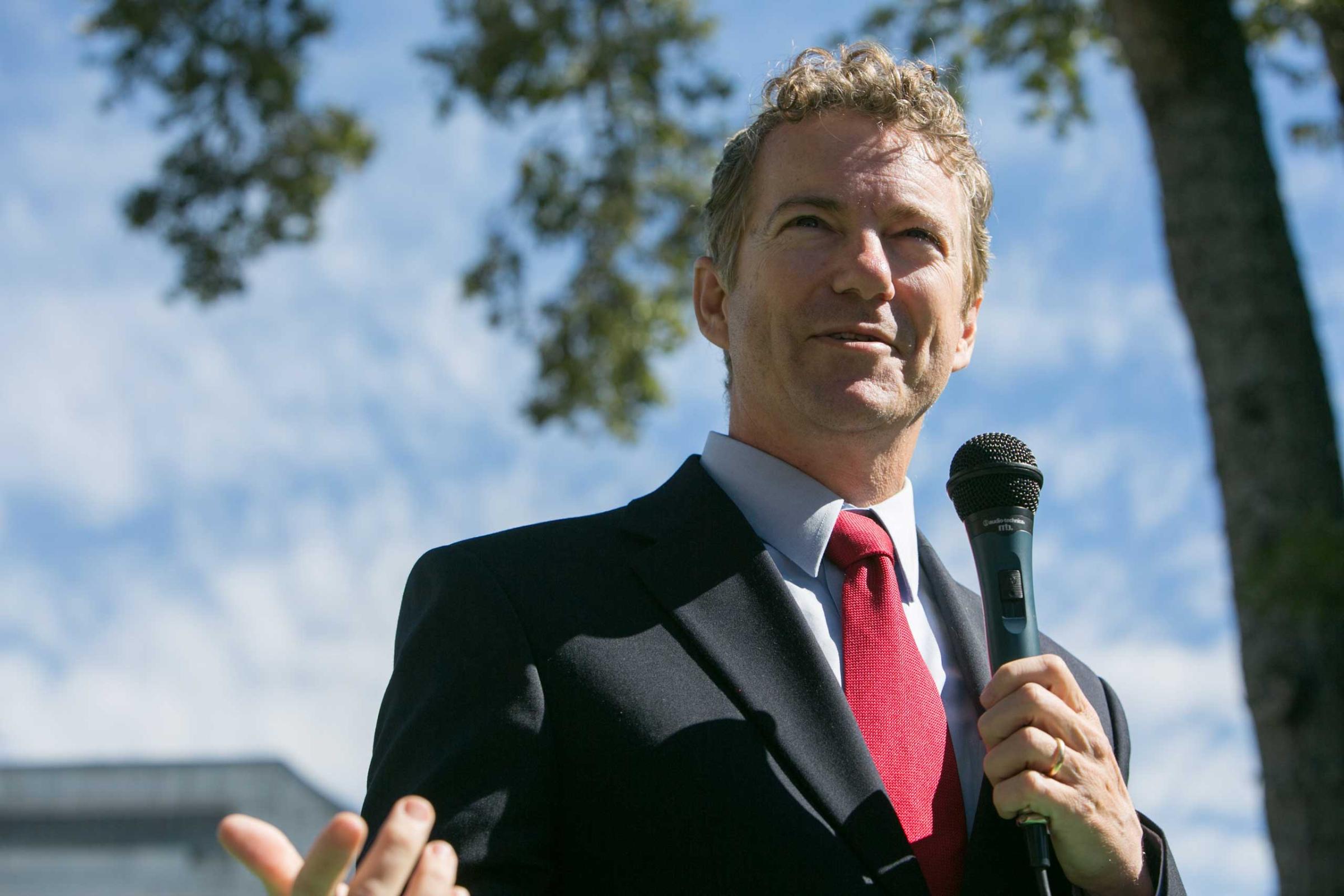
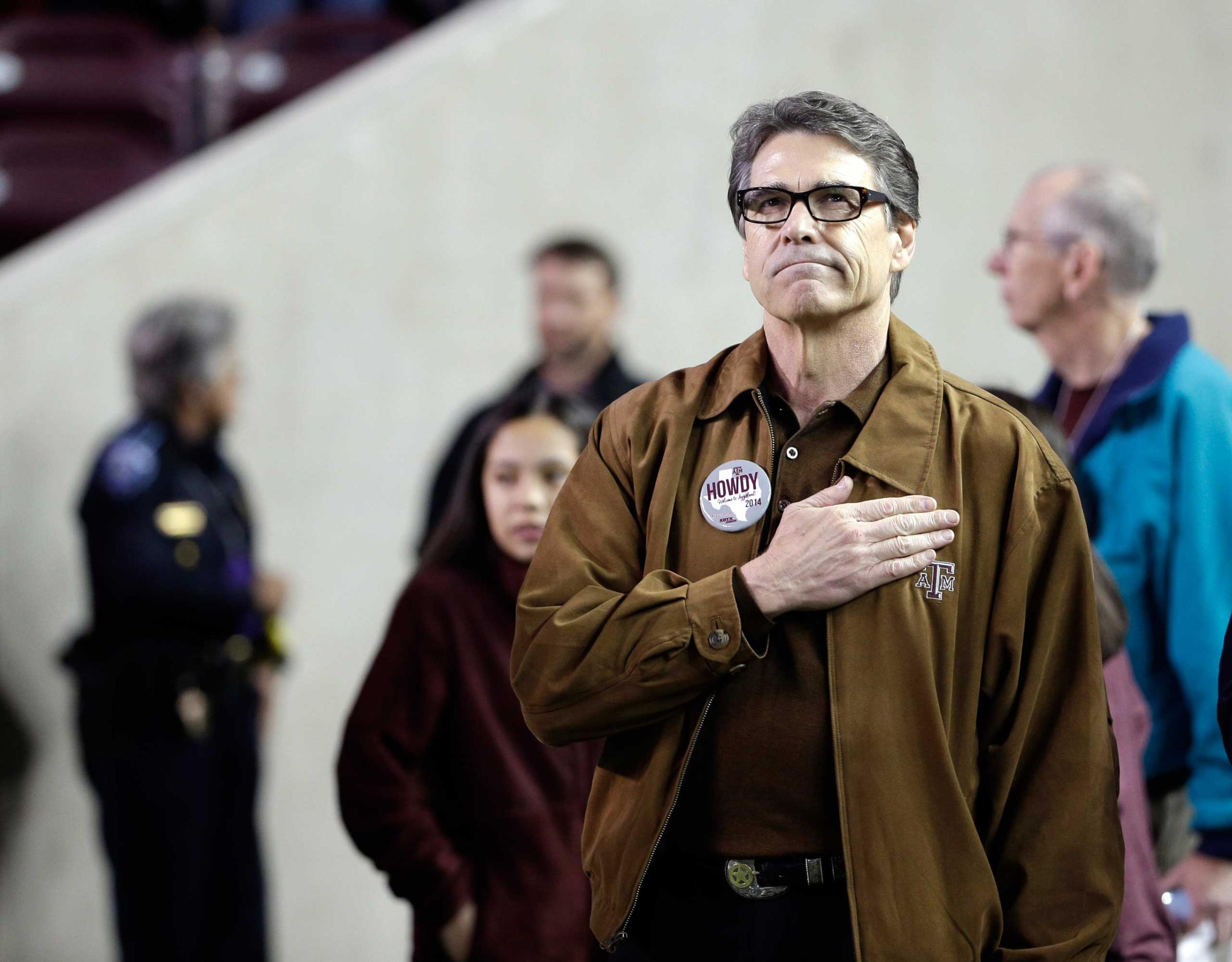
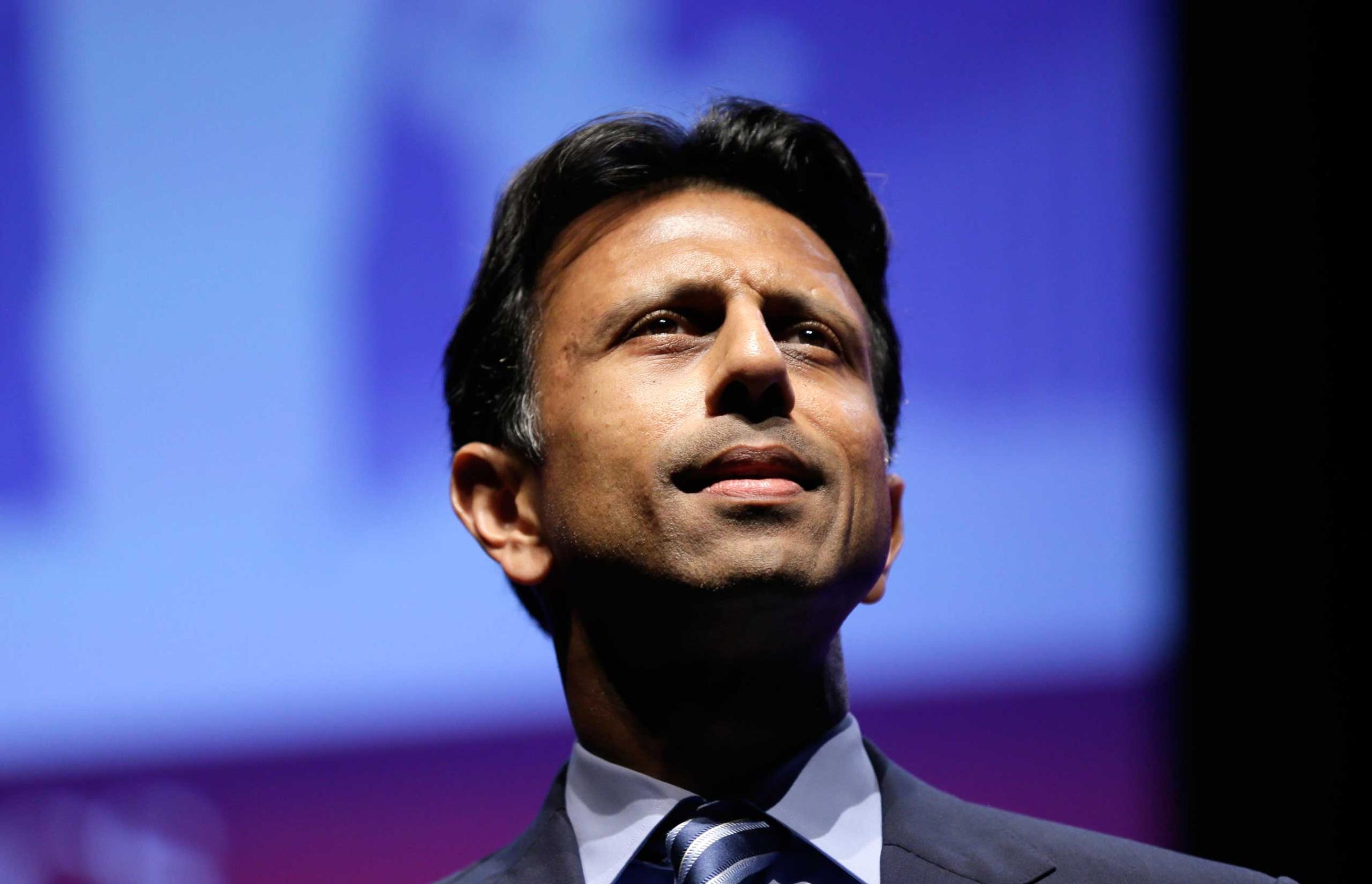
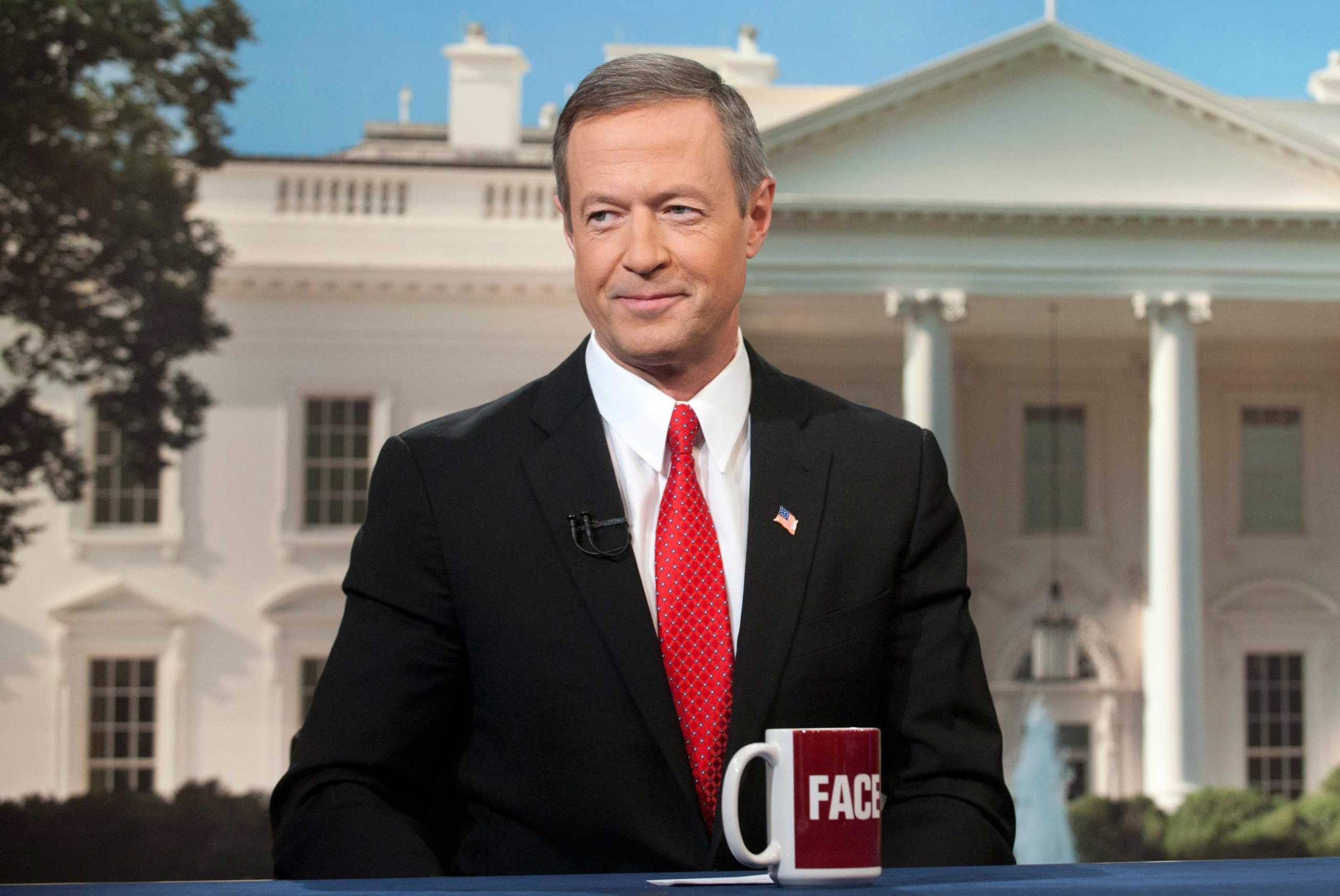
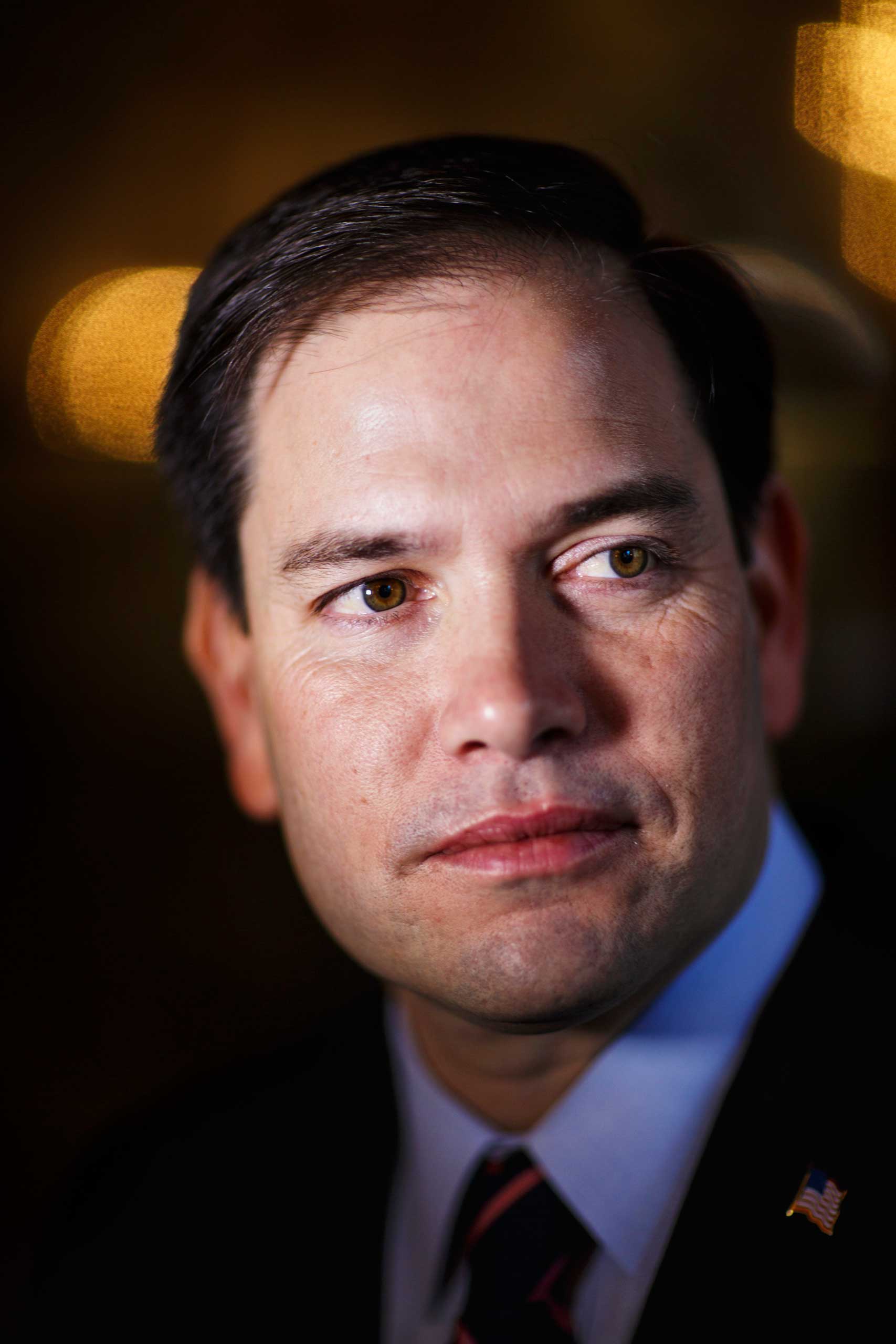
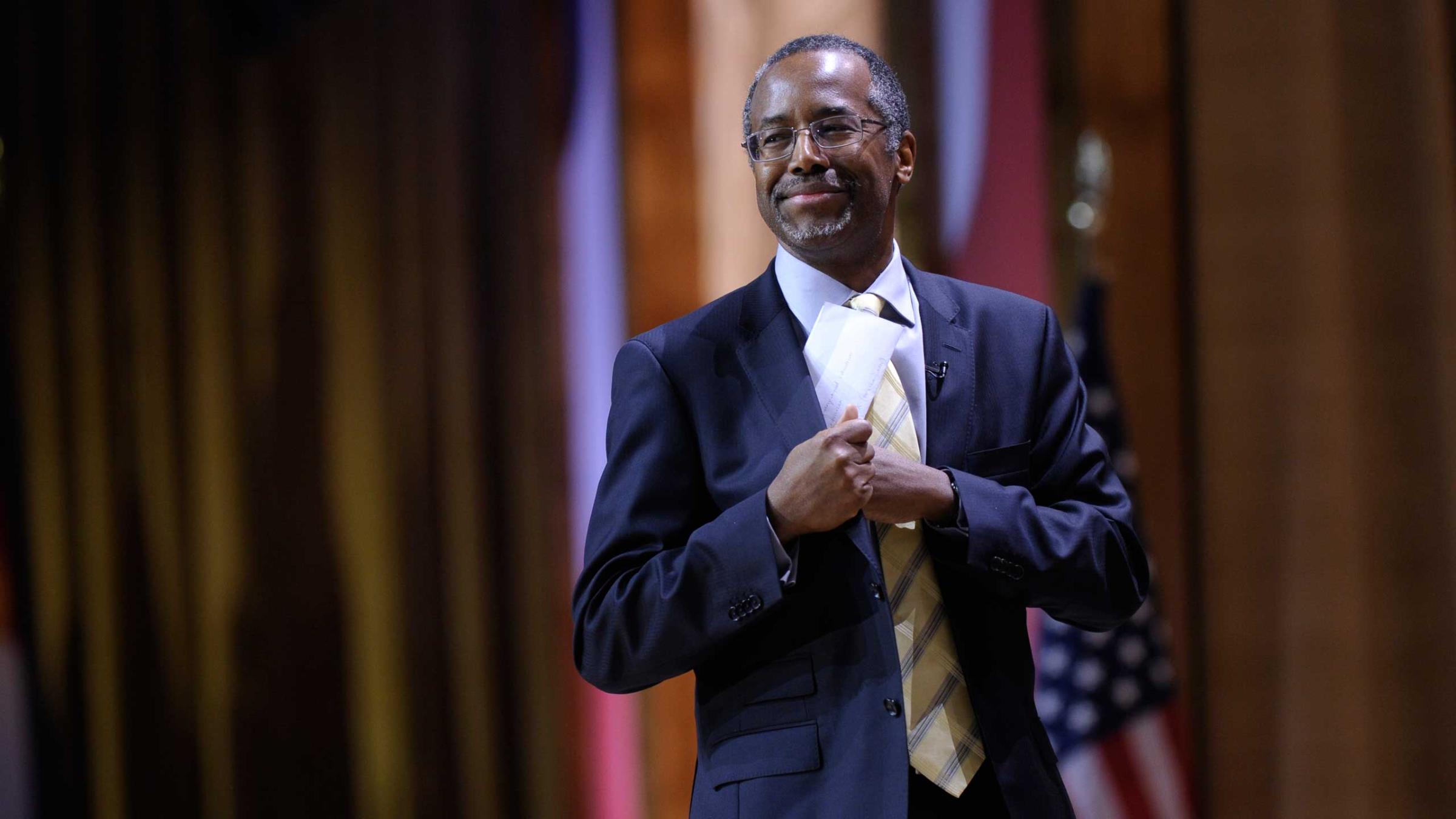
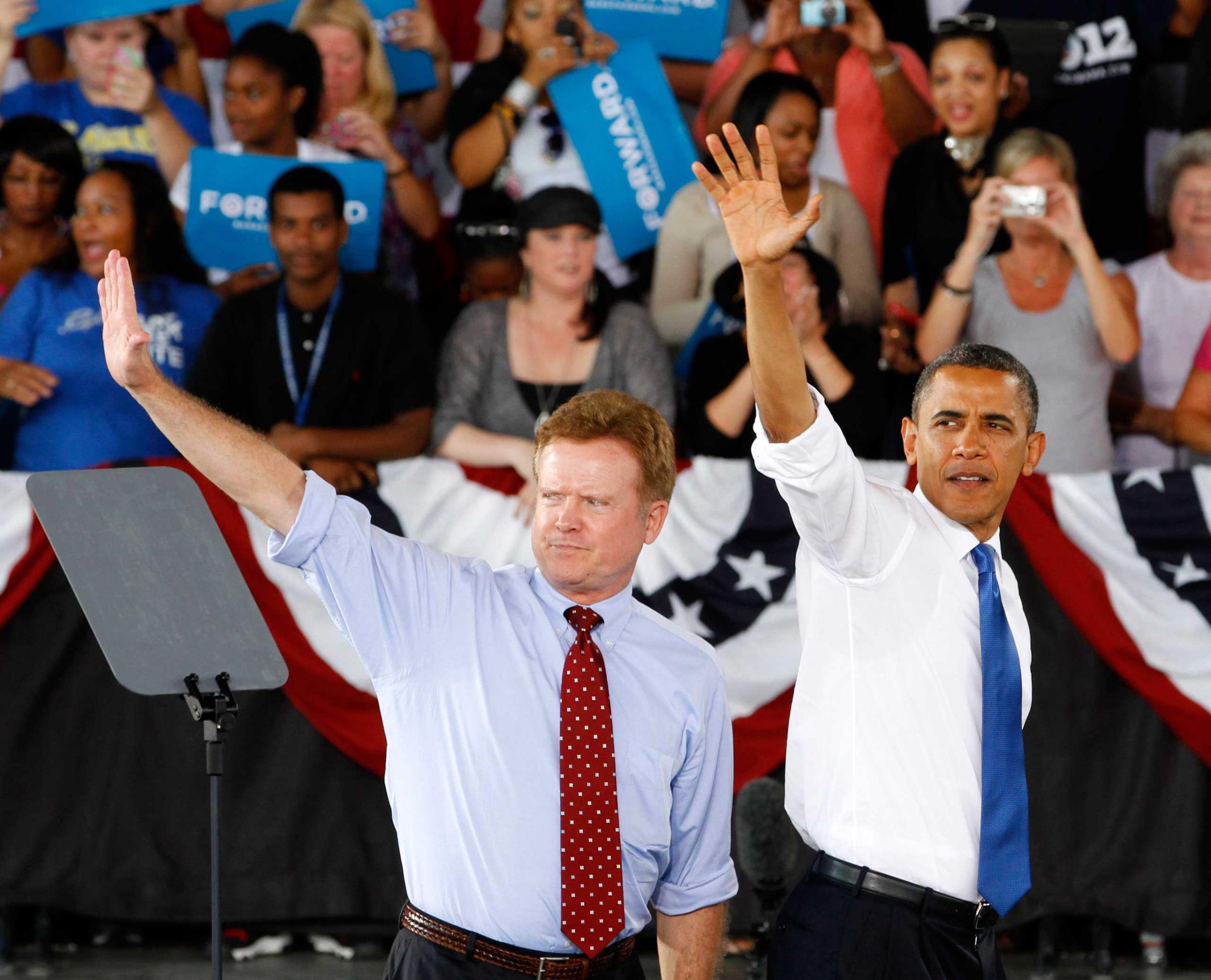
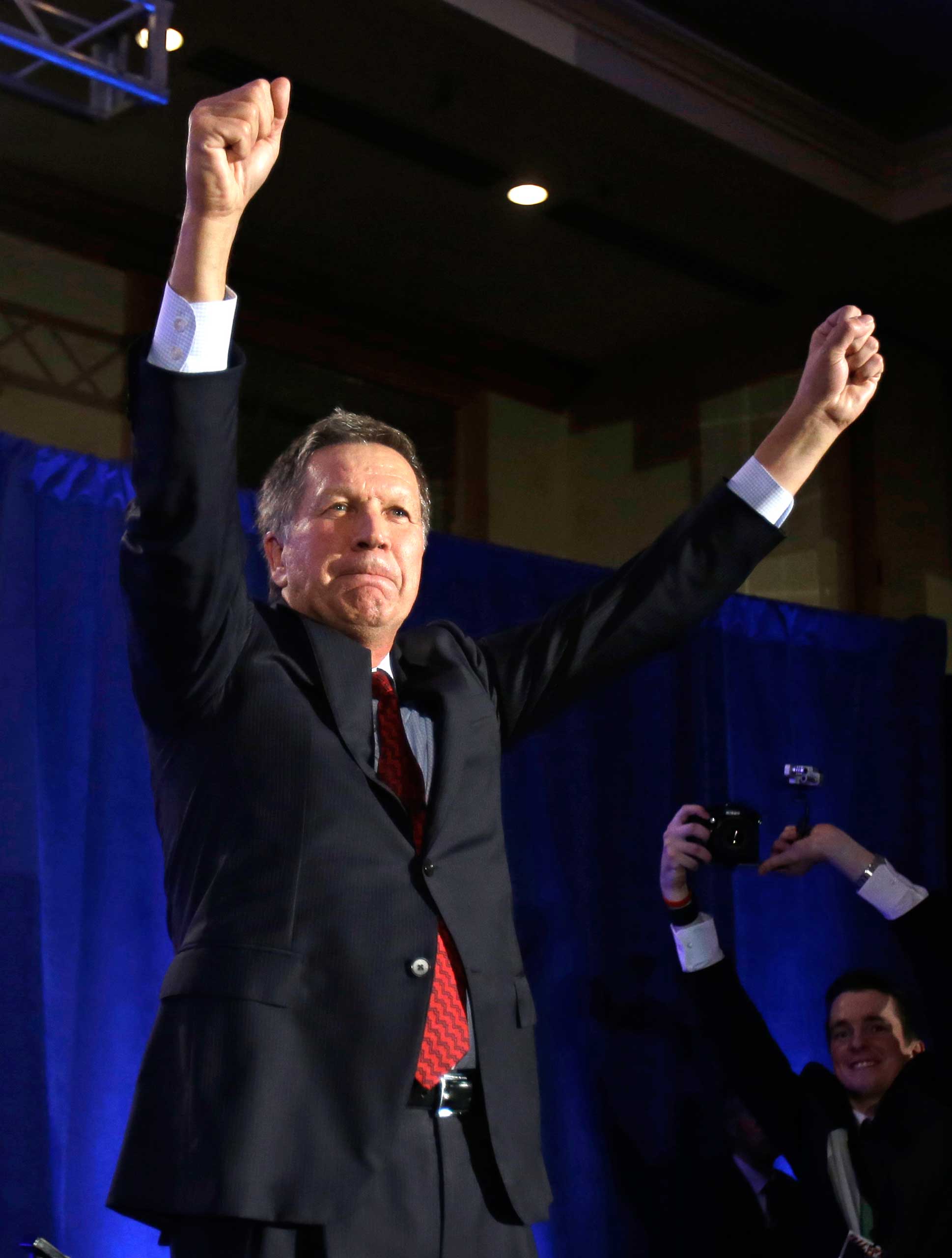
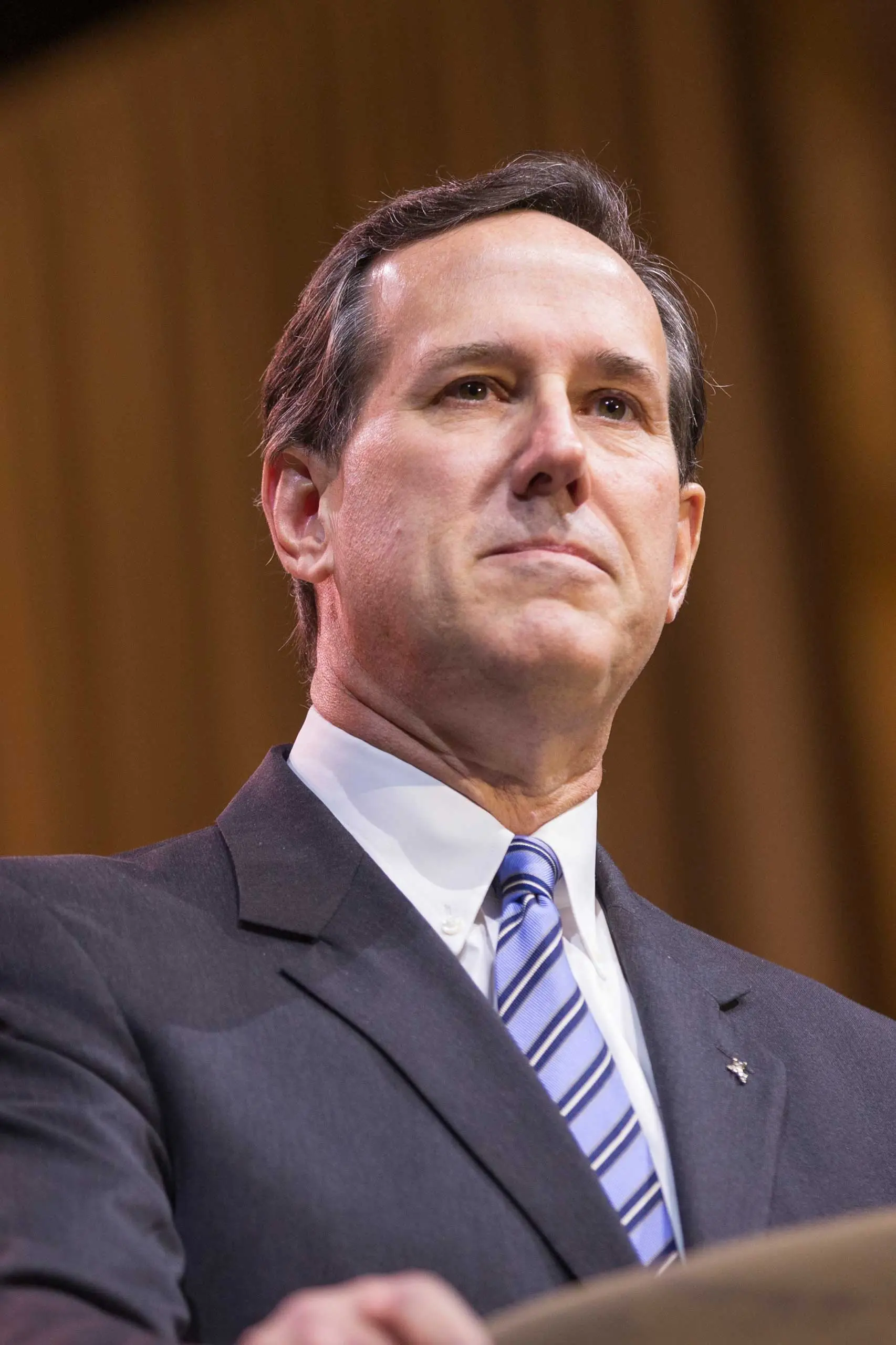
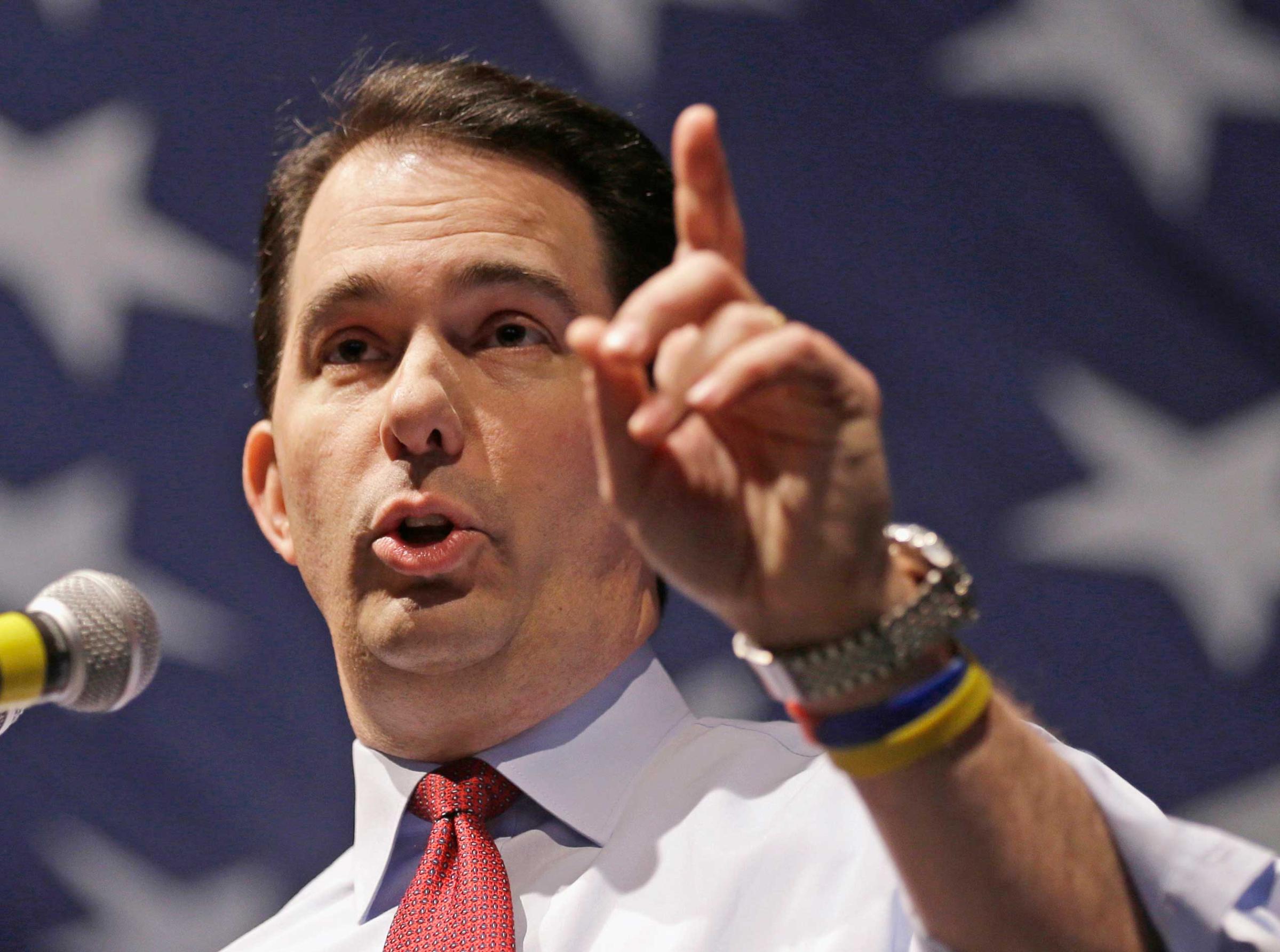

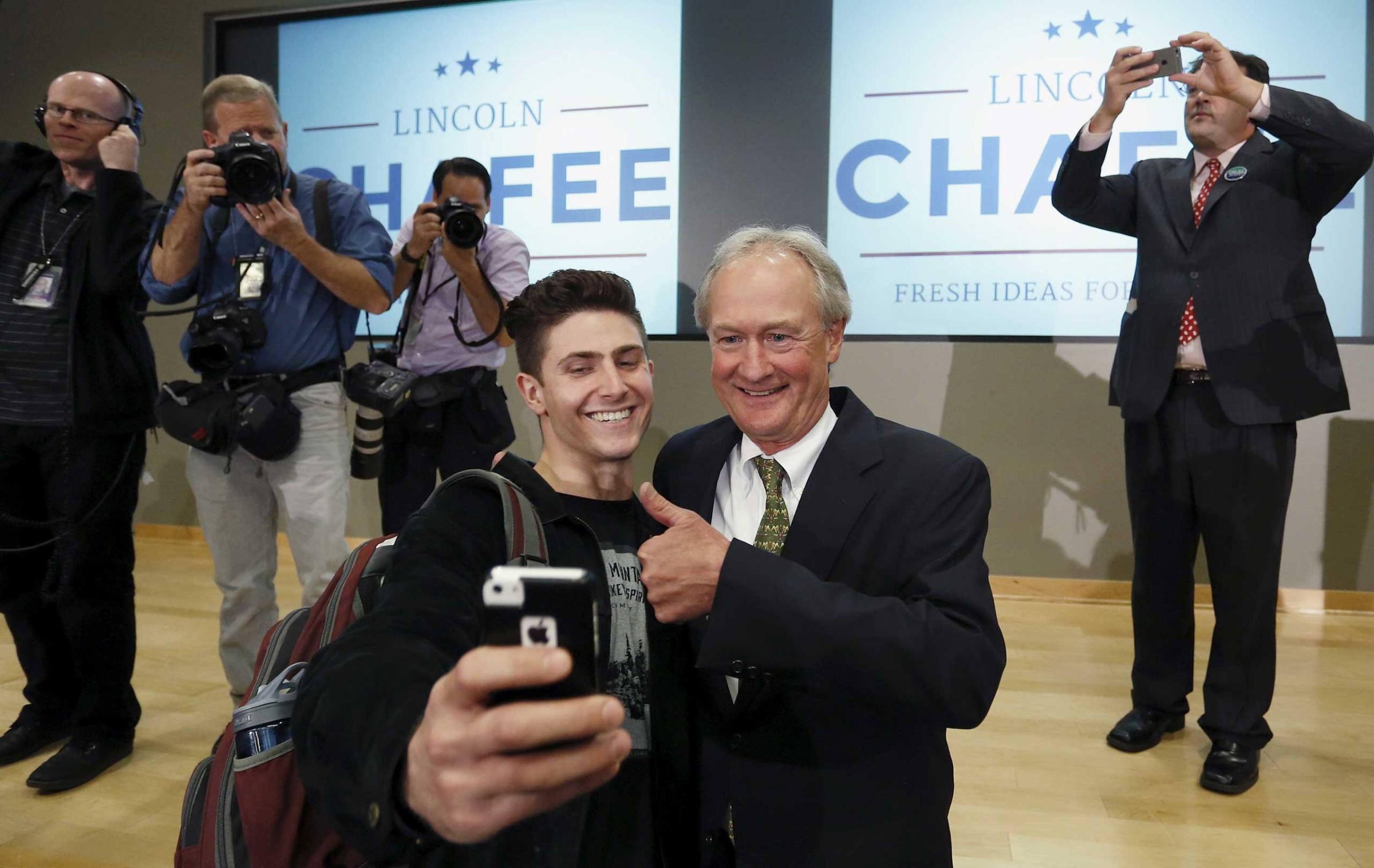
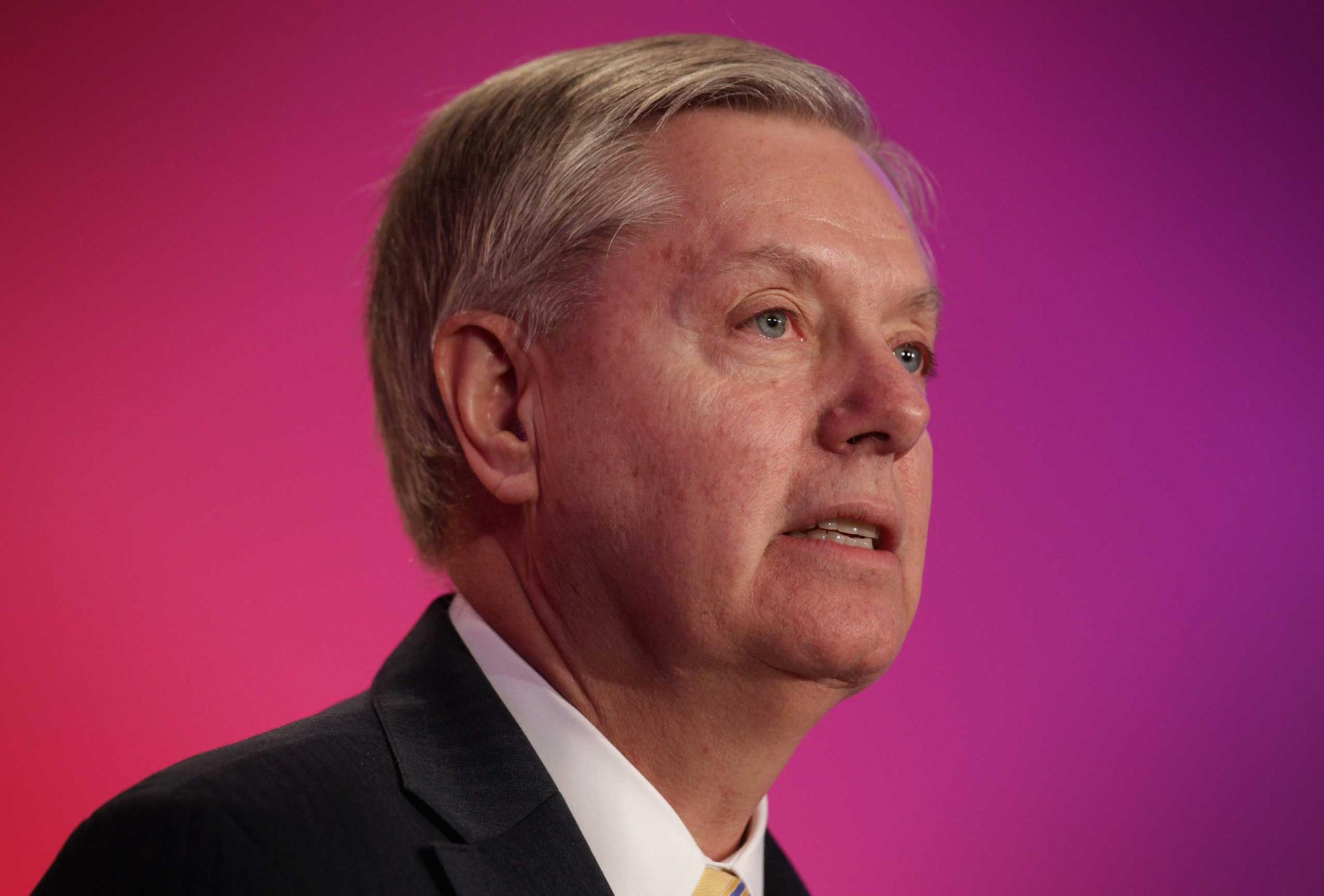
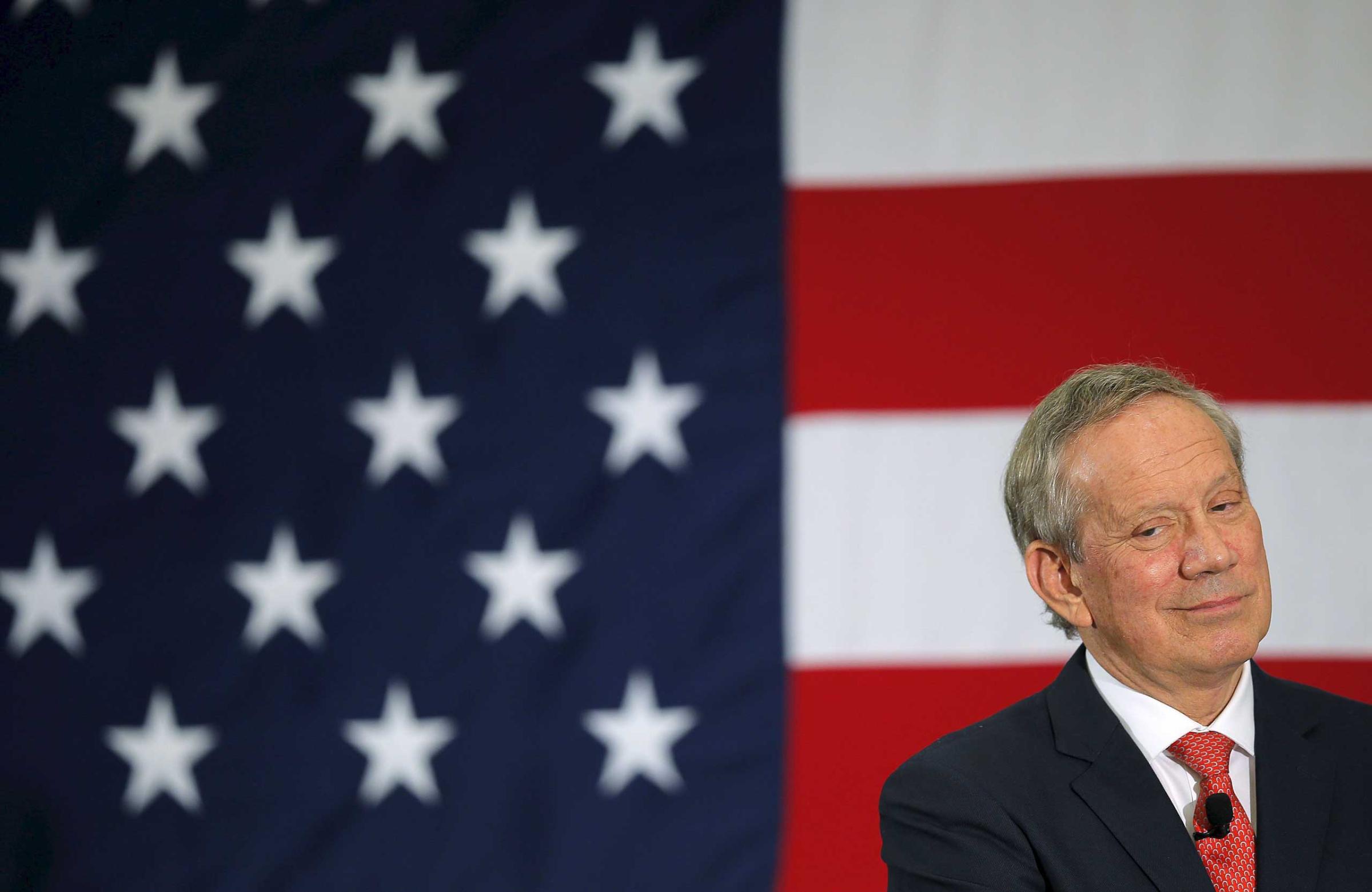
3) It’s the Means, Not the Ends. Some people think this is just about how the fight for net neutrality went down. The way the FCC’s new rules came out in the end was not most people’s first choice. Not Obama’s. Not Hillary Clinton’s. Not even Netflix CFO David Wells, whose company was instrumental in lobbying the FCC.
That’s because the FCC’s new rules give the federal government much more power over the broadband industry than it really needs to effectively ensure net neutrality. For example, under these rules, the government could theoretically regulate how much Comcast or Verizon can charge you for an Internet connection. The FCC has promised not to use those those powers, but the idea that it could gives many Republicans the willies.
Politics is often the art of finding the second-best solution. In this case, the FCC was forced into claiming the broader authority after industry lawsuits threw out earlier attempts to ensure net neutrality through less expansive powers. But that means it’s vulnerable to criticism from Republicans who think it overreached.
More Must-Reads From TIME
- The 100 Most Influential People of 2024
- Coco Gauff Is Playing for Herself Now
- Scenes From Pro-Palestinian Encampments Across U.S. Universities
- 6 Compliments That Land Every Time
- If You're Dating Right Now , You're Brave: Column
- The AI That Could Heal a Divided Internet
- Fallout Is a Brilliant Model for the Future of Video Game Adaptations
- Want Weekly Recs on What to Watch, Read, and More? Sign Up for Worth Your Time
Write to Haley Sweetland Edwards at haley.edwards@time.com